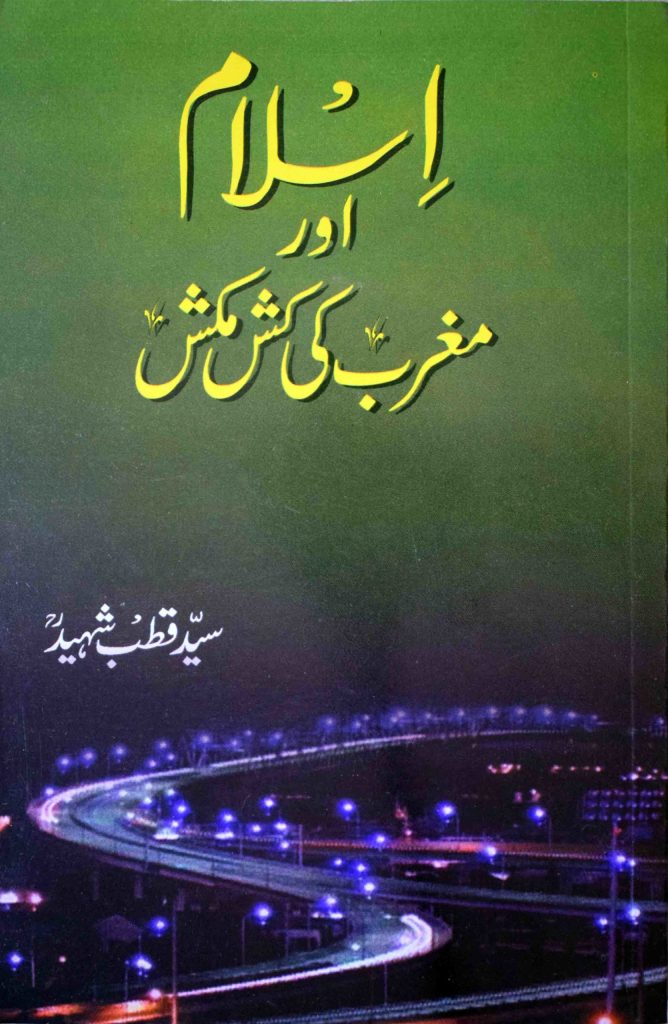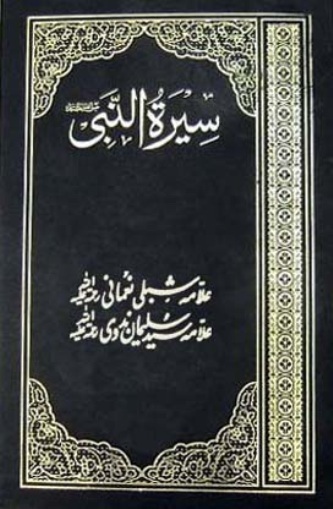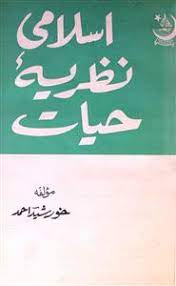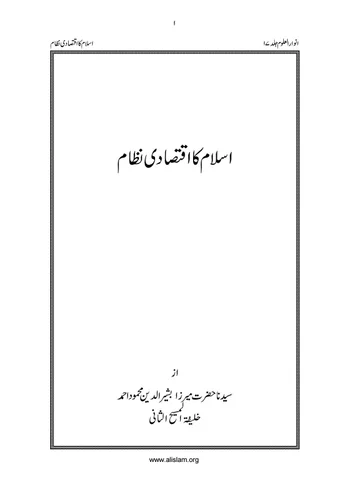Islamic studies is a compulsory subject for Muslims only, for non-muslims, there is a comparative study of major religions. The syllabi for both subjects are available on the FPSC website. However here we will only discuss Islamic studies. One thing I want to clarify first as Muslims we consider we have all knowledge of our religion. Indeed we have but here is the competitive exam everyone has to show excellent knowledge to compete with others plus the examiner demands special preparation for this subject which should be. Another fact about this subject is that this subject has the second failure rank in Competitive exams(After English). Hence to ace this subject you must go with the below readings which are recommended ones plus make notes with book references and if you can do then add page numbers as well. Nevertheless, here first I am sharing the list of the recommended books of FPSC. Oh wait wait one more query that most of the students ask while preparing for this subject is whether they should opt for this subject in English or in Urdu. One thing to keep in mind is obviously that FPSC itself gives two options for this subject,
Do I choose Islamic Studies in English or Urdu for CSS?
This is the most common question that aspirants ask from their teachers. The answer is very simple. The first misconception, If I opt for this subject in English it would be more marks given than in Urdu. The truth is that you just need a good command of your subject and of your writing. It doesn’t matter whether you opt for it in English or Urdu. Your references, your writing, and your presentation matter. Plus your expression of deliverance. If you have a command to express your knowledge in English then go for it without wasting a single moment and if you think you have a good expression of writing in Urdu then go for it. Don’t waste your time thinking about it which is the more marks-gaining language because it does not matter to the examiner.
Exceptional Case of Islamic Studies:
Just in case for Islamic studies two tables are given by FPSC one is the Required Reading and the other one is the Recommended Readings. The difference is that required reading is essential to read and in the required reading section there are 17 books. But practically there are four to five books that need to study and these are very thin. So you can go with one book easily in one day. The other one is the recommended books which you need to ignore just, that enough. Here is the required readings catalog:
Required Readings
| Introduction to Islam | 1. |
| Islam at the Crossroads | 2. |
| Islam: The Misunderstood Religion | 3. |
| A Brief Survey of Muslim Science and Culture | 4. |
| Islam and the Economic Challenge | 5. |
| A brief Survey of Muslim Science and Culture | 6. |
| Administrative Development an Islamic Perspective | 7. |
| Quranic Sciences | 8. |
| Islamization of Pakistan | 9. |
| Islamic Law and Constitution | 10. |
| Insan e Kamil | 11. |
| Islami Tehzeeb Kay Chund Darakhshan Pehloo | 12. |
| Islam Aur Tahzeeb -e -Maghrib Ki Kash Makash | 13. |
| Aurat Maghrib aur Islam | 14. |
| Seerat-un-Nabi Vol. I | 15. |
| Islam and Secular Mind | 16. |
| Khilafat-o-Malookiat | 17. |

Islam aur Tehzeeb e Maghrib ki kashmakash
I am sharing this book because it’s worth reading. From the point of view of exams, the examiner frequently asks comparison of Islamic Tehzeeb with Western Tehzeeb(culture). You can personally check the frequency of asking this question from past papers through this link: Then you get an idea of this important topic. Additionally, in a real sense, you get the idea of the significance of Islamic culture and teachings. Moreover, you can also add a reference to this book in different answers to questions in which the importance of Islam is inquired. Understanding the principles and teachings of Islam encourages respect for the diversity within the Muslim community and promotes tolerance and understanding among individuals of different cultural backgrounds.

Seerat ul nabi by Shibli Nomani -Vol 1
There are different segments given in the syllabi of Islamic studies and the examiner asks a question from each segment. In this regard, one question is compulsory from this segment as well. However, reading this book and making notes and references are key important. Furthermore, there are four volumes available on Seerat-ul-Nabi. Here is the only Volume one. You guys really don’t need to go through another volume because only this volume is required to cope with the exam.

Islami Nazriya Hayat by Khursheed Ahmed
Although this book is not included in the required book but still I am not only sharing this book but also i recommend going through the major topics that are frequently asked by the examiner. Another reason to share this book is that the writer conveys his message in a very simple and elegant way. It’s very easy to understand. This will not only clear your concepts about Islam but also add references to this book mark a quality impression to the examiner. Now, the question is which topics we should cover in this book? For this important topics are underlined on the content page. Even more, you don’t need to go through the whole book you just cram the few underlined contexts from this book. Just for the good impression. So stay smart. For individuals practicing Islam, studying Islamic Studies is a means of deepening their understanding of their faith, which can contribute to personal growth and spiritual development.

This short book also addresses one of the questions during the exam. It covers the point seven of the syllabi. Additionally, this chapter is one of the favorite categories of the examiner. Must remember one thing you just need to cover the points that are given in the syllabi. Hence don’t need to go through the whole book. You just need to mark the topics from this book and read it.
Remember that studying Islamic Studies provides individuals with a broader perspective on global affairs, politics, and socio-economic issues.

CSS Punjabi Complete Guide With the Book,Notes,Solved MCQs,Past Papers
The Significance of General Science & Ability as a Compulsory Subject
CSS and PMS Precis Writing Rules with Complete Guide
Ministry of Interior Jobs Opportunities 2026:Online Apply
Punjab Food Authority and Price control Jobs-Latest Job in PPSC
Ministry of Interior Jobs Opportunities 2026:Online Apply
CSS and PMS Precis Writing Rules with Complete Guide
WAPDA Job Opportunities 2026- Online Apply